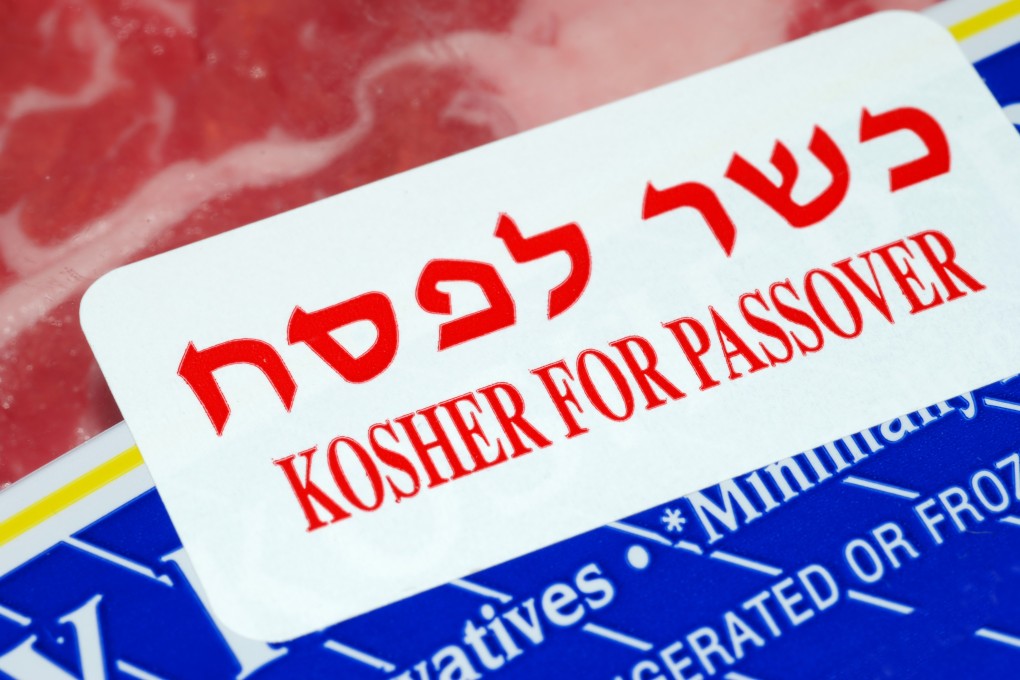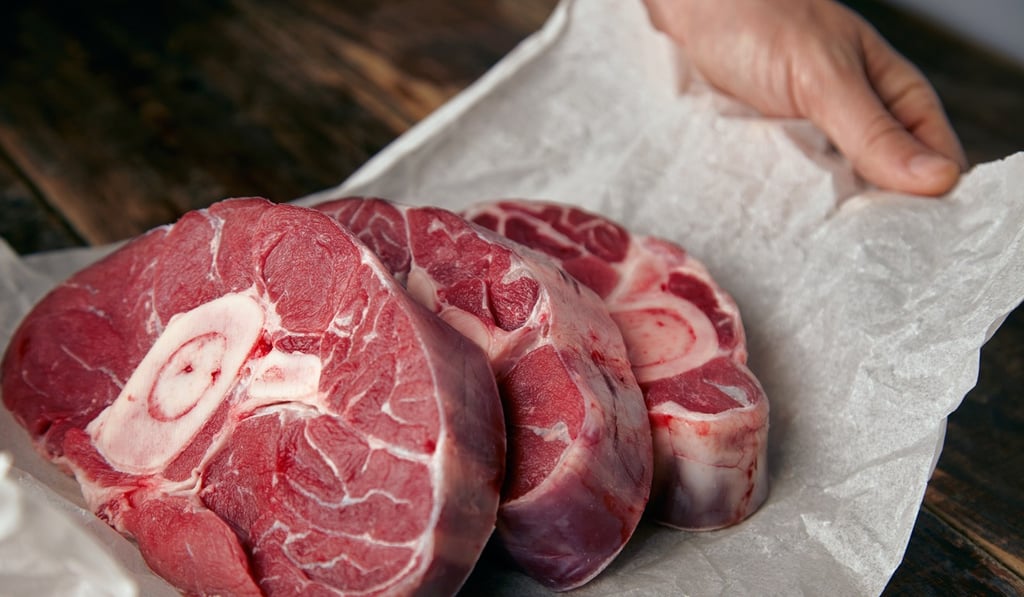Advertisement
Going global: could halal be the next kosher?
- Asian manufacturers are seeking kosher certification because they hope to gain access to markets in the US, Europe and Australia
- Those promoting expansion of halal certification hope that, like kosher, it will be recognised as symbol of quality, even by consumers not buying for religious reasons
Reading Time:2 minutes
Why you can trust SCMP

Rabbi Mendy Feigelstock lives in Vancouver, Canada, but his work has taken him to Thailand several times already this year. He runs the certification department for Kosher Check, which helps companies worldwide ensure food and drink products conform to Jewish dietary rules.
These rules keep meat and dairy separate and include special requirements for the slaughter of animals. Products with kosher labels indicate whether they contain animal products, so appeal not only to those avoiding certain foods for religious reasons but also to people with dietary restrictions, such as vegetarians, vegans, and anyone with food allergies.
The number of inquiries to Kosher Check from major food-exporting countries in Southeast Asia – such as Thailand, Malaysia and Indonesia – had increased, Feigelstock said.
Advertisement
“In an average month, we probably have six or seven rabbis visiting facilities in Asia [to certify kosher standards],” he explained.

Advertisement
The kosher food industry in the US has been valued at more than US$12 billion, and the global market is estimated to be worth twice as much.
Advertisement
Select Voice
Choose your listening speed
Get through articles 2x faster
1.25x
250 WPM
Slow
Average
Fast
1.25x